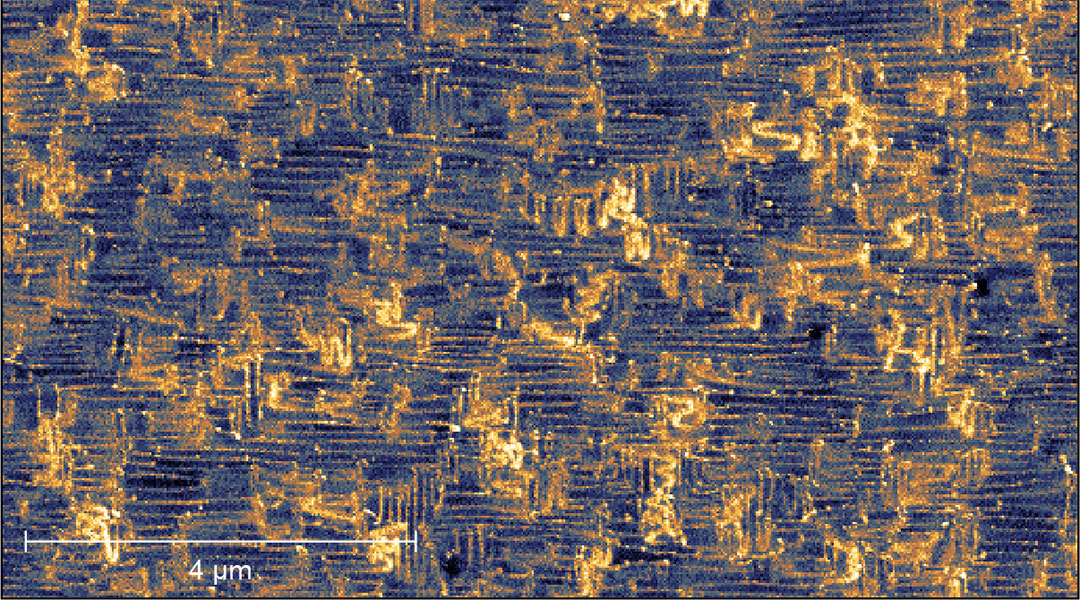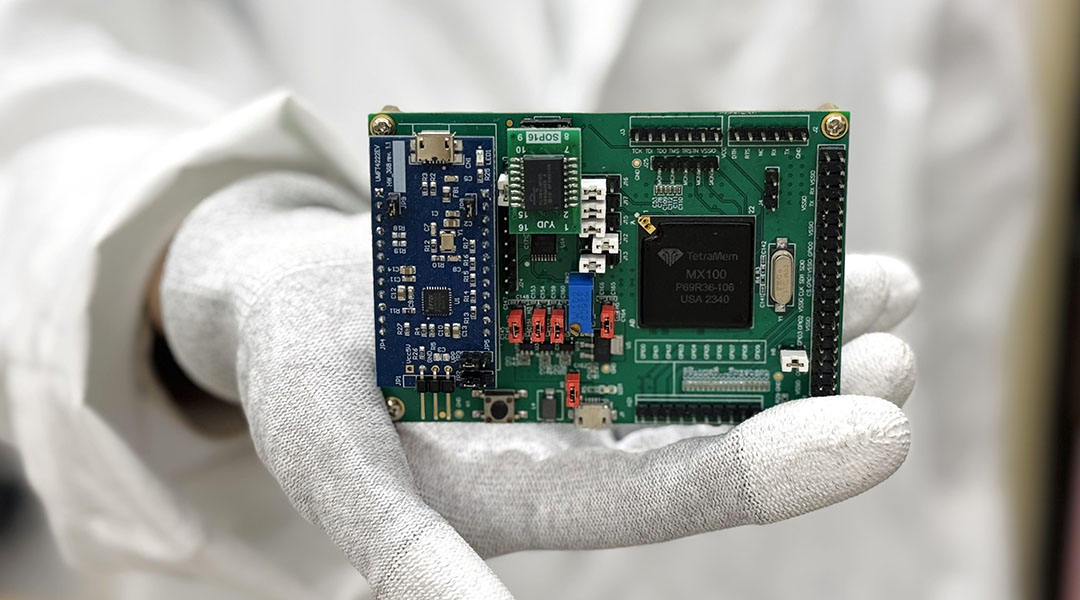Machine learning unveils the ideal structure of a quantum memristor, which could one day surpass current computing systems.


Machine learning unveils the ideal structure of a quantum memristor, which could one day surpass current computing systems.

Computers based on memristors promise significant energy savings and improved accuracy in large-scale computing.

Artificial neural networks made from domain walls mimic synapses and neurons in the brain for neuromorphic computers.

A new true random number generator offers better encryption by taking advantage of a flaw in memristor memory devices.

The importance of understanding the experimental process is ubiquitous in research. And while we have a huge range of techniques at our disposal, we should be aware of and properly consider their limitations, so that we may present reliable methods and conclusions to...

How do we reproduce the memory and processing capabilities of the human brain?

Scientists created flexible probabilistic bits from custom polymers, offering a new, energy-efficient path for AI and machine learning using classical physics.

The system detects biomarkers for life-threatening diseases, such as heart attacks and cancer, enabling timely medical intervention.

“Magic angles” in twisted bismuth bilayers could induce superconductivity at more reasonable temperatures.

Researchers develop “relative attention entropy” to optimize data transmission, aiding AI learning and communication systems.